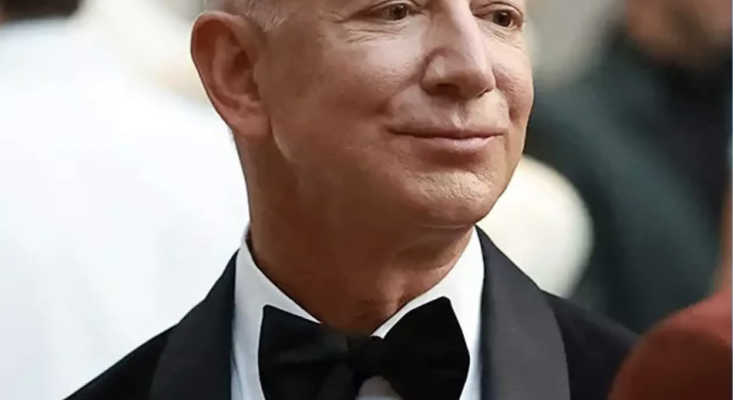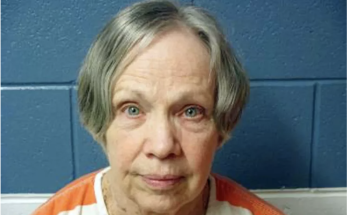President Joe Biden’s administration has approved a massive $6.6 billion loan to help a Tesla rival company expand its US operations.
The loan from the US Department of Energy will aim to bring more business in and support the industry in developing fuel-efficient vehicles.
It is part of the Advanced Technology Vehicles Manufacturing Loan Program.
This program has previously helped finance projects like EV battery factories as well as the production of the Tesla Model S and the Nissan Leaf.
Now, it’s Rivian’s turn.
Amazon founder Jeff Bezos is the largest shareholder of Rivian after investing $700 million into its growth. Now with the help of government funding, the company plans to build a factory in Georgia to ramp up production.
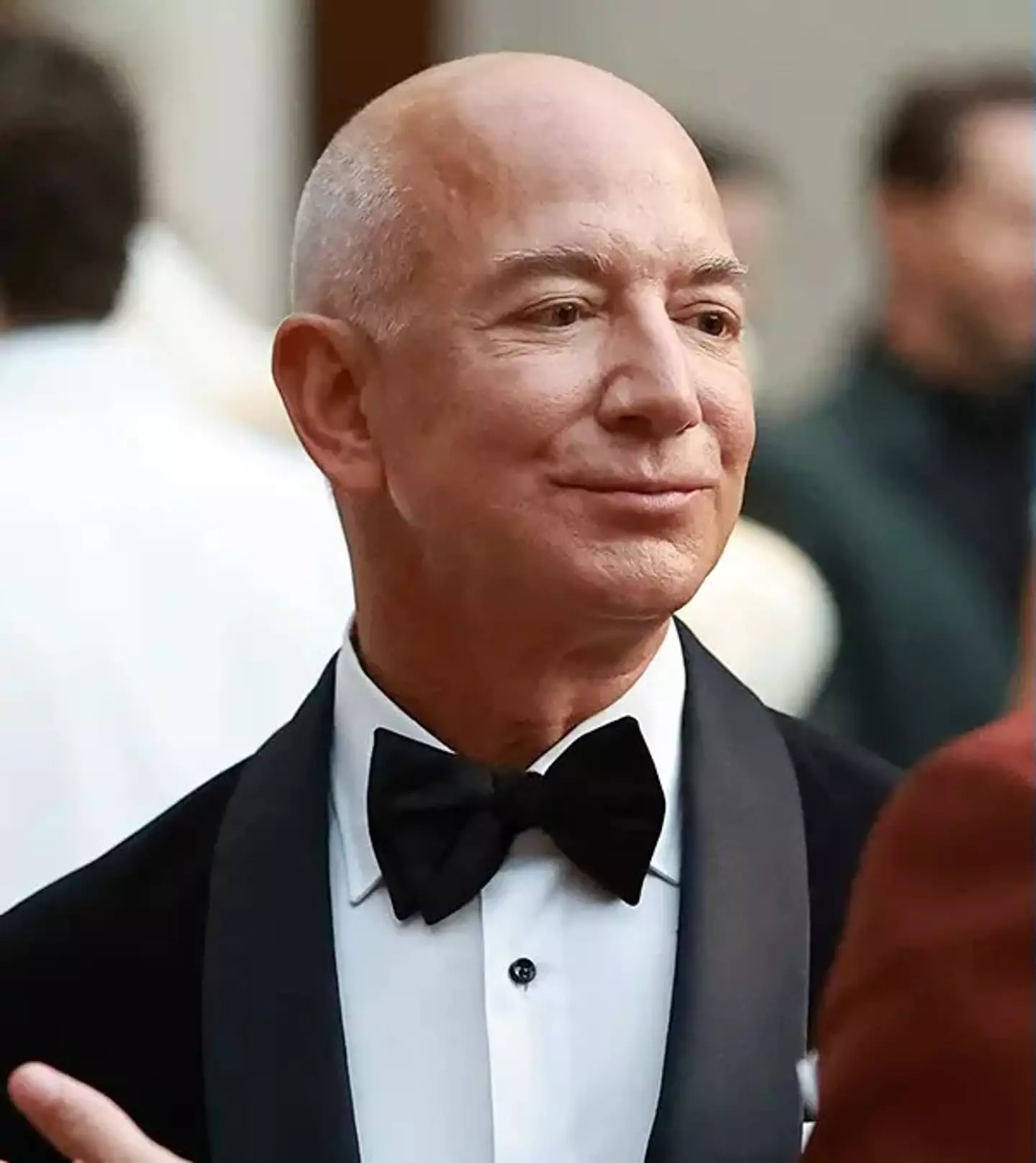
Arturo Holmes/MG24 / Contributor / Getty
However, whether Biden can complete the loan before Donald Trump reclaims the presidency is uncertain. After a landslide victory over the Democrats, Trump is expected to return to the White House in just a matter of weeks with plans for the future.
Rivian began trading in 2009 as an electric vehicle company, six years after Tesla began its journey as Tesla Motors in 2003.
Only recently did Rivian recently announce a partnership with Volkswagen to produce an electric Ford. However, this type of cash would do wonders for the company and could transform the automobile industry.
Though things could pan out differently as Trump has appointed Tesla CEO Elon Musk to his team.
Not to mention that Trump previously agreed that he would want to end federal electric vehicle tax credits, which cost up to $7,500 for new zero-emission vehicles and also $4,000 for used ones.
Rivian has faced some challenges along the way. While it created its electric R1 SUVs in 2021 – and plans to build a $5 billion plant in Atlanta – the company struggled to meet demand for its planned R2 vehicles.
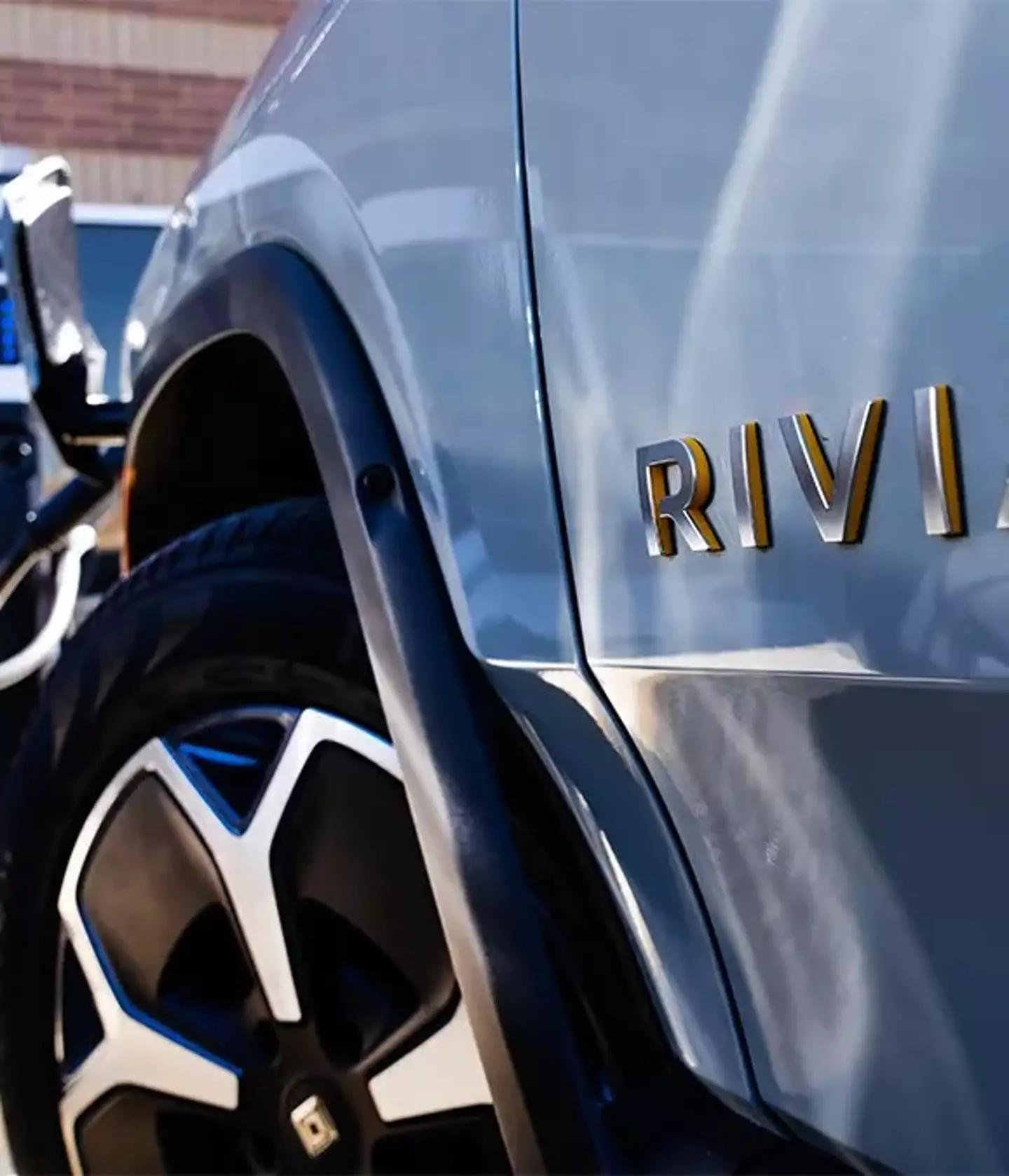
Tom Williams / Contributor / Getty
Several production delays and financial hurdles forced Rivian to pause its Georgia plans and shift focus to its Illinois plant.
Thankfully, Volkswagen said it would invest $5 billion in Rivian, helping to stabilise the company. The collab would also allow both companies to share software and electrical technology as they collaborate on the new electric Ford.
Democratic U.S. Sen. Jon Ossoff, who asked Energy Secretary Jennifer Granholm to support the loan in July, praised the loan, saying it was ‘yet another historic federal investment in Georgia electric vehicle manufacturing’.
He added in a statement: “Our federal manufacturing incentives are driving economic development across the state of Georgia.”
Featured Image Credit: Arturo Holmes/MG24 / Contributor / Tom Williams / Contributor / Getty

Two of the world’s richest people could see themselves richer after a recent discovery in California.
Jeff Bezos and Elon Musk have a combined net worth of $549 billion and so, are probably the last people that would need more cash.
A massive deposit of lithium, often called ‘white gold’ has been found beneath the Salton Sea and both multibillionaires could benefit from it.
While the mine has been known about for some time, how much it’s worth has only just been shared.
Turns out, the quantity of lithium in what has been dubbed ‘the Saudi Arabia of lithium mining’, could be worth up to a whopping $540 billion.
Essentially, this would be enough to power batteries for more than 382 million electric vehicles (EVs), which could entirely transform the global economy.
“There’s potentially enough lithium down there to supply batteries for 382 million electric vehicles, which is more, more vehicles than there are on the road in the United States today,” said Sammy Roth, climate columnist for the Los Angeles Times.
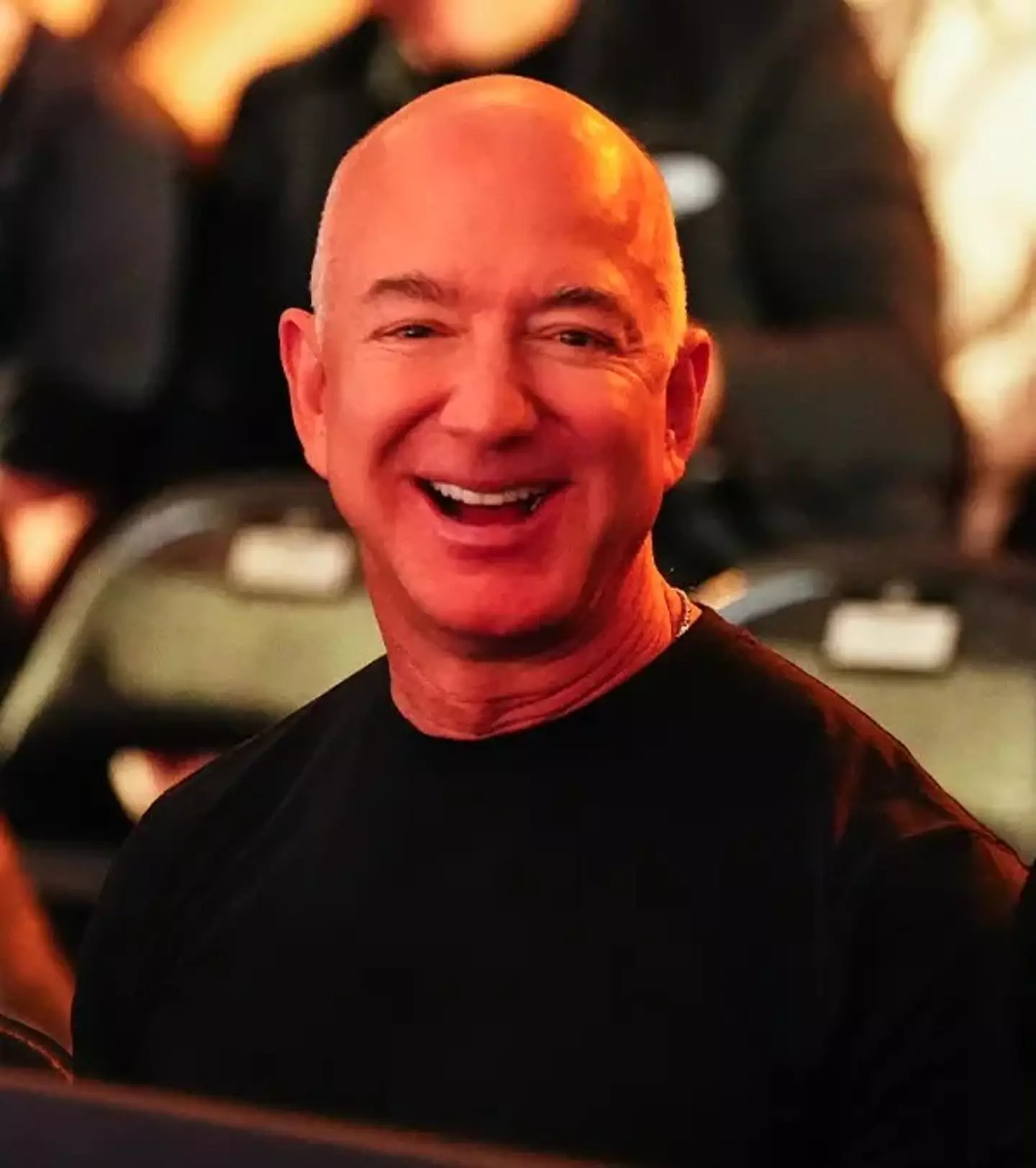
Jeff Bezos continues to expand his businesses outside Amazon (Jeff Bottari/Contributor / Getty)
“So, if we could get all that lithium, that’d be huge.”
So how does this relate to the tech moguls?
Well, both Musk and Bezos have a stake in the electric vehicle market. Musk founded Tesla in 2003, while Bezos is a major investor in Rivian, another electric car company.
Most EVs use lithium batteries, and until now, much of the world’s lithium has come from overseas sources like Australia, China, Chile, and Argentina, according to Visual Capitalist.
So, this deposit could see major cost savings by sourcing it domestically instead of importing it from other countries.
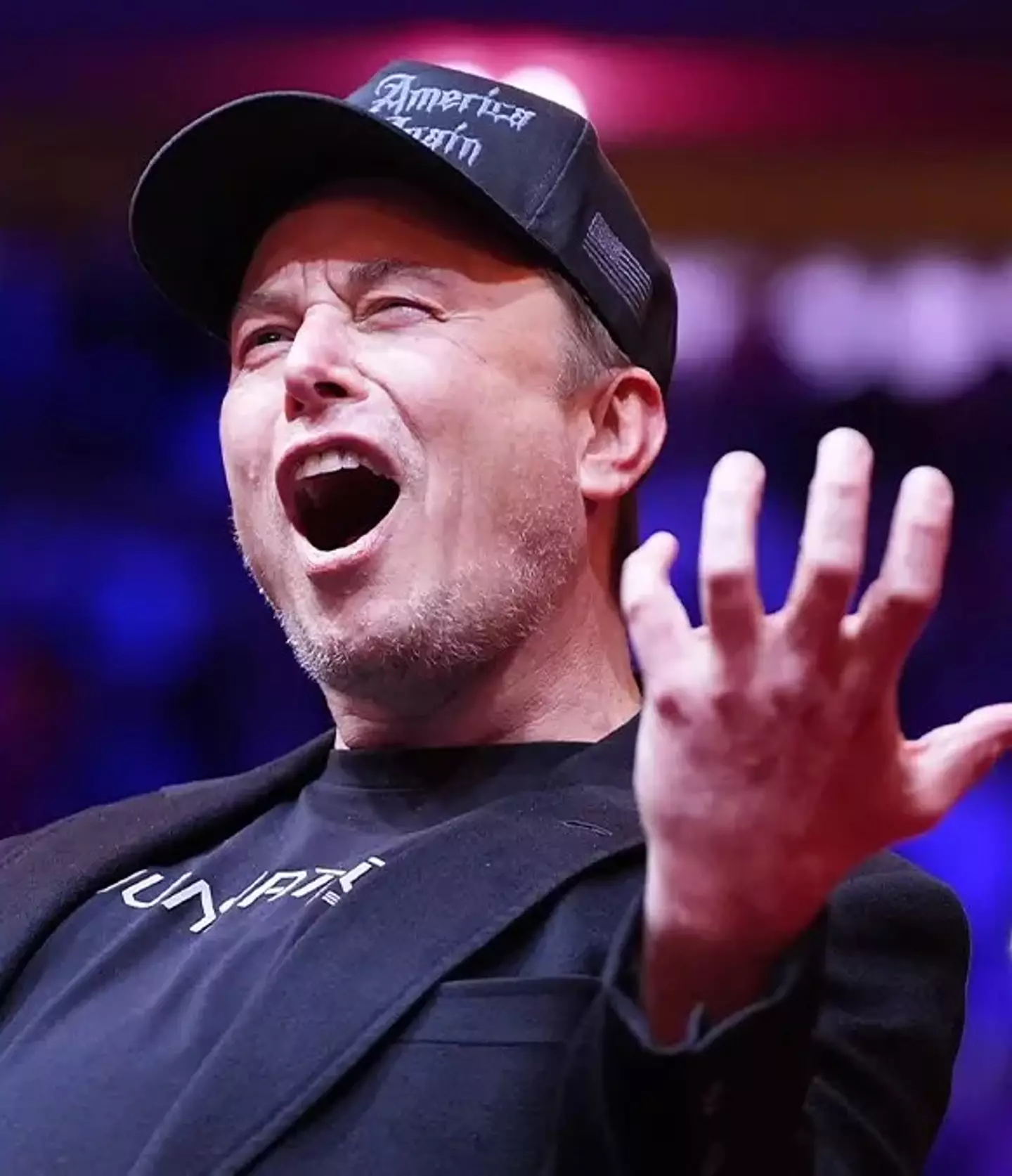
Elon Musk is on track to become the world’s first trillionaire very soon (The Washington Post/Contributor / Getty)
Tesla already operates massive U.S. factories, including its Gigafactory in Nevada. Whilst Reuters confirmed that Rivian has plans to open a new plant in Georgia by 2028 after receiving a conditional loan of $6.6 billion.
Currently, Tesla sources some of its lithium from China, while Rivian has reportedly signed a five-year deal with South Korea’s LG Energy Solution.
The SpaceX founder has shown great interest and investment in Brazil. In 2022, Musk visited the country to implement the Starlink internet network with an extra focus on Brazilian lithium.
This investment in Brazil, specifically in the lithium-rich state of Minas Gerais, presents a major opportunity for the mining industry to meet the rising global demand for lithium.
So having such a valuable mine domestically available in Riverside, California could change the entire game for the world-famous innovators.
Featured Image Credit: Jeff Bottari/Contributor / The Washington Post/Contributor / Getty

Jeff Bezos has finally publicly responded to Elon Musk.
It’s the battle of the billionaires as Elon Musk and Jeff Bezos continue to exchange barbs online. While Musk is once again comfortably the richest man in the world thanks to a post-election boost to his savings pot, Bezos hit a new high of $228 billion thanks to Amazon stock also soaring in the aftermath of Donald Trump’s win.
As the richest people in the world get richer and Trump paves the way for his own technological future, Bezos’ relationship with the upcoming 47th President of the United States continues to be called into question.
Notably, Bezos defended The Washington Post’s decision (he owns the outlet) not to endorse Trump or Harris ahead of the election. Still, he was among the many other tech bros who posted their congratulations, with Bezos calling it an ‘extraordinary political comeback and decisive victory.’ Even if Bezos and Trump seem on fine terms, things are less rosy between the Amazon CEO and Mr. Musk.
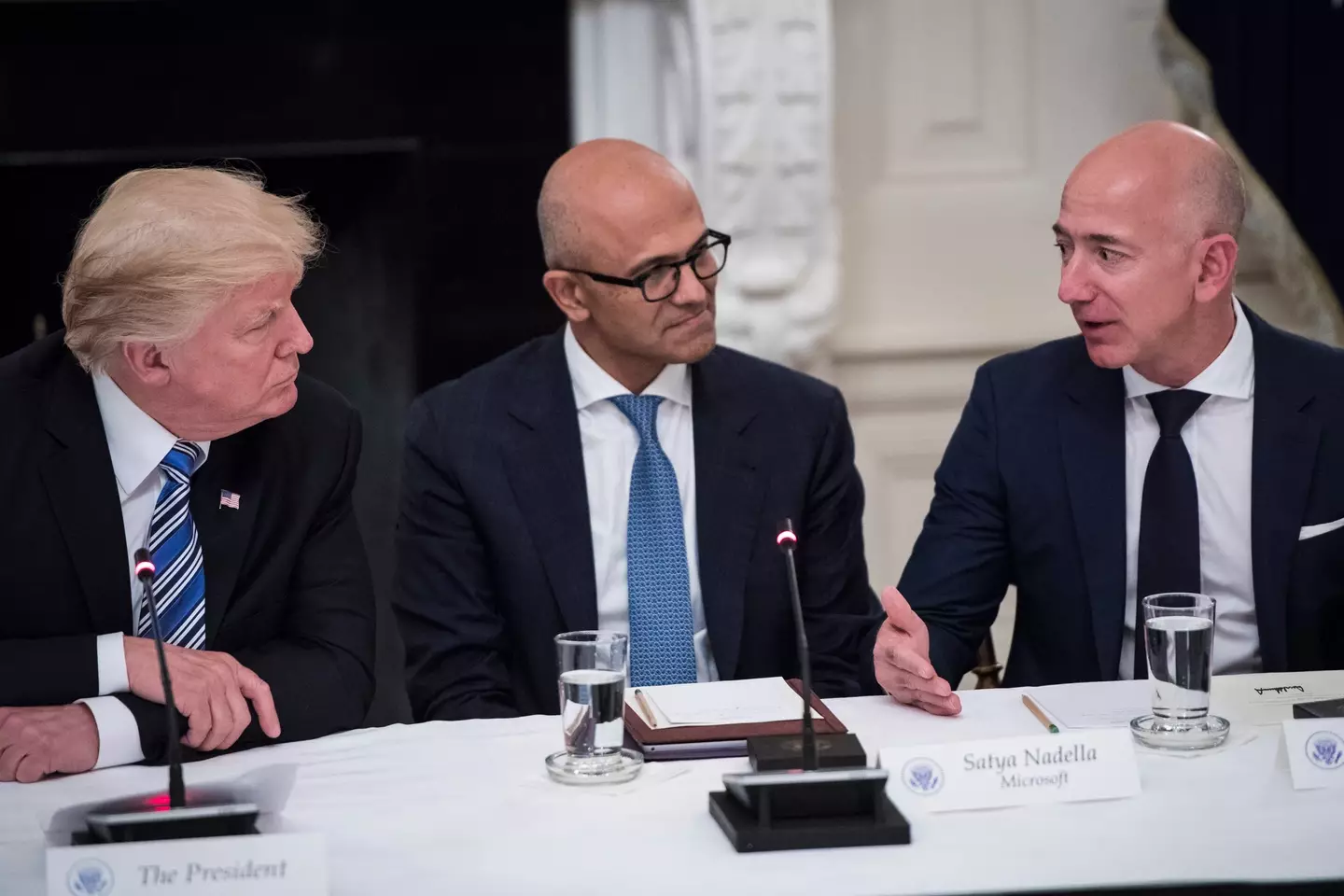
Bezos has already congratulated Trump on his win (The Washington Post / Contributor / Staff)
Musk has become Trump’s unofficial right-hand man and has been spending a lot of time at Mar-a-Largo. Posting on X, the platform’s CEO sniped on November 21: “Just found out tonight at Mar-a-Lago that Jeff Bezos was telling everyone that [Trump] would definitely lose, so they should flog all their Tesla and SpaceX stock.”
Bezos wasted no time trying to smooth things over as he defiantly responded: “Nope. 100% not true.”
The back-and-forth continued, with Musk admitting he might’ve been fed misinformation and concluding: “Well, then, I stand corrected 😂.”
Sounding like the backdrop for a season of Ryan Murphy’s Feud, Bezos and Musk’s troubled relationship goes all the way back to the Amazon CEO touring the SpaceX facility in 2004.
In Christian Davenport’s The Space Barons, Musk reportedly said: “I actually did my best to give good advice, which he [Bezos] largely ignored.”
Things escalated when SpaceX tried to get exclusive use to a NASA launchpad in 2013 but was blocked by Bezos’ Blue Origin. Here, Musk referred to it as a ‘phony blocking tactic.’
There were later arguments over patents, backhanded comments about reusable rockets, and SpaceX reportedly setting up an email filter that sifted out the words ‘blue’ and ‘origin’.
The pair are known for the odd jab on social media, with the latest barb being just one of many.
Still, there were plenty in the comments calling for the pair to hash it out in the ring like Jake Paul and KSI keep promising to do.
Musk finds himself firmly at the side of Trump after being appointed the co-head of the Department of Government Efficiency (DOGE). Despite apparently not getting paid to trim $2 trillion off the government spend, Musk finds himself in a new position of power alongside the POTUS.
As for Bezos, he’s still reeling from The Washington Post drama, with famed editor Marty Baron calling the lack of political endorsement ‘cowardice’ and reports that 200,000 readers canceled their subscriptions.
Featured Image Credit: Jeff Bottari/Contributor / Pool/Pool / Getty

One keen Tesla owner has set up an experiment with their own car, looking to test how well its battery holds up after ten days sitting in a car park, and the results are really quite shocking.
Tesla has undoubtedly remained at the forefront of the electric car revolution over the past decade, as the Elon Musk-led manufacturer has exclusively produced lithium-powered EVs since their first output in 2008.
Their releases haven’t always proven to be the most reliable, with the Cybertruck remaining somewhat easy to laugh at, but this recent customer-driven test has definitely shown the strong side of the company’s vehicles.
Phantom drains, however, have plagued some Tesla vehicles in the past. What happens is that the car’s battery slowly drains even when you’re not using it, leaving you without the necessary power when you start it up.
Some users have even reported a drain of around 8% per day when simply parked at home, but Tesla have reportedly been working towards eliminating this issue.
However, a test by Tesla owner Everyday Chris (@TheEvryDayChris) on X shows that this might now be an issue of the past.
In his video, he left his own Tesla Model Y in an airport parking garage for ten days straight without touching it, and returned to see how much battery had drained from it during the test.
What shocked both Chris and many social media users is that the Model Y had only dropped a single percentage of battery – going from 80% to 79% – over the course of the ten days.
He hadn’t planned for it to be a test before reaching the airport, but upon realizing that none of the charging stations were working, he was left with little choice in the matter.
Thankfully the Model Y more than held its own over the ten-day trip, and while features like Cabin Overheat Protection and Sentry Mode were turned off, it’s still impressive how little power this Tesla while idle.
You’d not be shocked to find that the replies underneath Chris’ video are split on the matter, with some amazed at the lack of power draw, whereas others remain skeptical.

Tesla’s Model Y has held up well in this battery test (Stanislav Kogiku/SOPA Images/LightRocket via Getty Images)
“I’ve had EVs for 6 years, and never worried about phantom draw,” says one user, continuing to declare that “this is either point out that Tesla is behind the curve, or just fear mongering.”
Some gasoline vehicle owners aren’t too impressed either, as one reply sarcastically remarks: “Awesome Chris! Congrats. I think my Ford Explorer would have the same amount of gas in it regardless of how long it’s parked in the airport. But thanks for sharing.”
Finally, one user has given their own experience of battery drain if features like Sentry and Cabin Overheat were left on: “In tropical Malaysia, 100⁰F heat, ~8% per day.”
That is obviously a bit of an anomaly considering the heat, but it does go to show that perhaps things aren’t quite as good as this test in every scenario.
Featured Image Credit: X/EverydayChris / Justin Sullivan/Staff/Getty

It’s not just Elon Musk who has wild plans for space.
Although SpaceX may be the first company you think of with ambitious space missions led by CEO Musk’s plans to colonise Mars, Jeffo Bezos has his own visions for humanity’s future beyond Earth.
Bezos may have gained most of his fame from founding Amazon but back in 2000, he also launched an aerospace company called Blue Origin.
Its recent project was focused on reusability and lowering the cost of access to space, following the completion of the New Glenn project’s first stages.
In December 2023, Bezos appeared on Lex Fridman’s popular podcast to talk about the future of Blue Origin.

PAUL ELLIS / Contributor / Getty
The businessman shared his dreams for humanity in space and his tactics behind decision-making, along with a great story about how he once phoned Amazon’s customer service in a meeting.
Fridman asked him: ‘When you look up at the stars and think big, what do you hope is the future of humanity, hundreds and thousands of years from now out in space?’
Bezos replied: ‘I would love to see a trillion humans living in the solar system.
‘If we had a trillion humans, we would have, at any given time, 1,000 Mozarts and 1,000 Einsteins.
‘That and our solar system be full of life and intelligence and energy. And we can easily support a civilisation that large with all of the resources in the solar system.’
To kickstart his vision into reality, the 60-year-old entrepreneur said humanity should start by ‘building giant space stations’.
He believes planetary surfaces are just ‘way too small’ as they are and should be transformed ‘into giant space stations or something.’

imagedepotpro / Getty
He continued: ‘We will take materials from the moon and near-Earth objects and the asteroid belt and so on and build giant colonies and people will live in those.’
Building infrastructure on an entirely new planet brings the advantage of placing it wherever you want, according to the billionaire.
But he does appreciate that most people aren’t all for the idea of planetary migration, especially in the very early stages of space living. As such, he hopes that future generations will have the choice to live among the stars or stay grounded on Earth.
A clip of the podcast conversation was been posted on YouTube allowing viewers to share their opinions.
‘My man is ready to 100x humanity so he can have more customers. Game respects game,’ one wrote.
Another commented: ‘Billionaires who own rocket ship companies trying to sell the world on space living is one of the silliest ideas ever that is somewhat widely accepted.’
